“Let’s throw inspiration around like it’s confetti!” read the gigantic poster, the last message people took in before heading home after a surprising night at the Tel Aviv Creator Awards. An hour earlier, confetti had rained on all of our heads as Dror Tamir bagged the grand prize in the Scale category, for—get this—growing grasshoppers.
In his one-minute presentation, Tamir, co-founder of Hargol FoodTech (“hargol” means “grasshopper” in Hebrew), the world’s first commercial grasshopper farmer, convinced the judges and the audience that this seemingly disgusting insect is the protein source of the future.
“Grasshoppers are the most widely eaten insect in the world, being considered a delicacy in Africa, Asia, and Central America,” Tamir told the crowd of 3,500. Be that as it may, convincing the Western world to digest grasshoppers is no small feat, and for this, Hargol FoodTech received $360,000.
Tamir laid out two goals he intends to achieve with his winnings: to increase production capacity to meet the demand and to accelerate the development of grasshopper farms across Africa. Tamir’s vision is far-reaching, and he hopes to “provide a healthier and more sustainable protein while providing employment and additional income to locals.”
Hargol and the 19 other winners took home more than $1.3 million Thursday night at the sixth regional Creator Awards event. The global competition, which started this year when WeWork committed more than $20 million to fund innovative projects around the world, heads to New York City next on November 16, and the global finals will take place in January 2018.
Even though Hargol was the evening’s big winner, the international fare served at the Tel Aviv Creator Awards did not include any insect products. Once the doors of the Tel Aviv Convention Center opened at 5 p.m., the casually dressed crowd happily nibbled on Thai chicken, Indian curry, Italian bruschetta, and British fish and chips, before the ceremony started. On the left—a pop-up market full of handmade wares, offering everything from Dollka’s handmade cushions inspired by Russian Matryoshka dolls to Kalimba’s ethnic musical instruments. On the right—a job fair where you could potentially find high-tech employment or a job at the U.S. Embassy. In the middle—many culinary options as well as stalls serving beer that is inspiration in itself: behind Israel-based Jem’s Beer lies the story of an American expatriate who realized his own personal dream.
And in the large back hall—a series of masterclasses, including a futuristic keynote from the man who became synonymous with electric cars, Shai Agassi, and a discussion on contemporary design with Danish celebrity architect Bjarke Ingels, Israeli fashion designer Sharon Tal from Maskit, and Nir Zohar from Israel’s cloud-based web development platform Wix.
Excitement grew as the visibly pregnant Israeli model Adi Neumann—WeWork cofounder Adam Neumann’s sister and greatest champion—took the main stage in a white evening gown to host the ceremony. Soon she invited her famous brother on stage. “Israel is special,” he said of his native country as he delivered his speech in Hebrew. “We’re called ‘startup nation’ for a reason. Everybody here has energy. Everybody here has love. People here do things from the heart.”
We’re called ‘startup nation’ for a reason. Everybody here has energy. Everybody here has love. People here do things from the heart.
Neumann spoke of his childhood in Israel, one of moving around a lot and always being the new kid in class, as well as his first five years in New York City, in which his sister supported him financially.
“But I always felt part of a community, and that community is called Israel,” he said. “We are so lucky to have this. Sometimes we don’t even know it.” With this sense of community, Neumann built WeWork. The theme of community was also prevalent in the intimate discussion about family and creativity that Neumann held on stage with Israeli rock star Aviv Geffen.

Apart from the grasshopper sensation and Neumann and Geffen’s one-on-one, the evening’s favorite was undoubtedly a fresh-faced entrepreneur named Yasmin Dunsky. Together with Noga Mann, Dunsky founded the nonprofit QueenB, an organization that teaches young girls hardcore coding. QueenB uses a teaching method created especially for Generation Z girls, with lessons taught by female computer science students that act as mentors for the teenage girls and achieve a deep personal connection with them. The whole crowd fell in love with Dunsky, who delivered her pitch wearing shorts and a T-shirt emblazoned with the words “I teach code.” Her impressive pitch earned QueenB a $72,000 prize in the Launch category.

“We recently completed our first year of activity in which we operated in Jerusalem, reached hundreds of teenagers in the city and offered scholarships for students from the Hebrew University,” Dunsky said with a beaming smile. “The Creator Awards prize will allow us to expand to other areas in Israel by opening activity centers in each of the four big universities.”
Her partner, Mann, added: “What I love about QueenB is that we don’t only teach girls how to code but also teach them how to take on challenges and face them, something that we believe will give them an advantage, no matter what they will do later in life.”
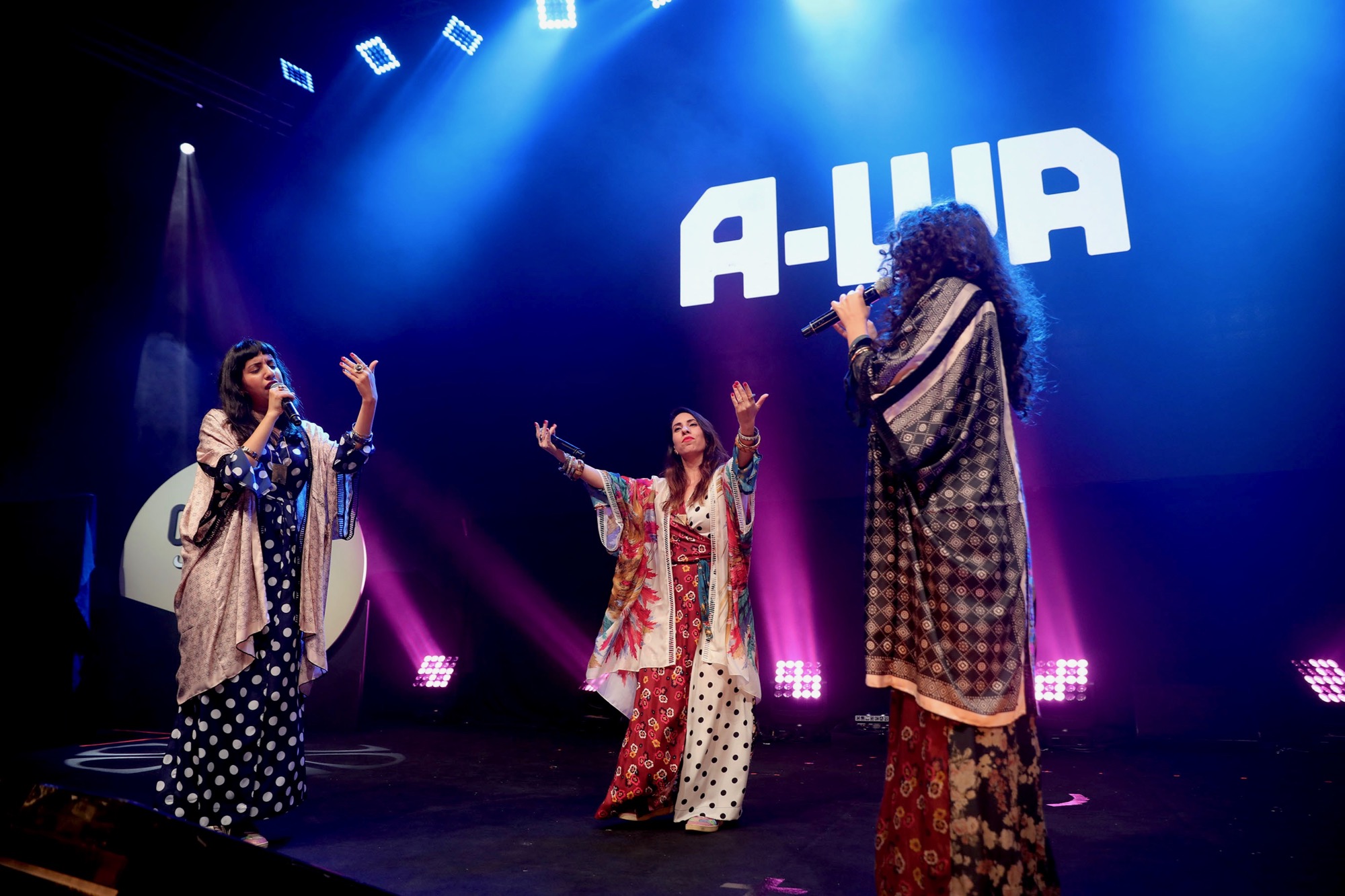
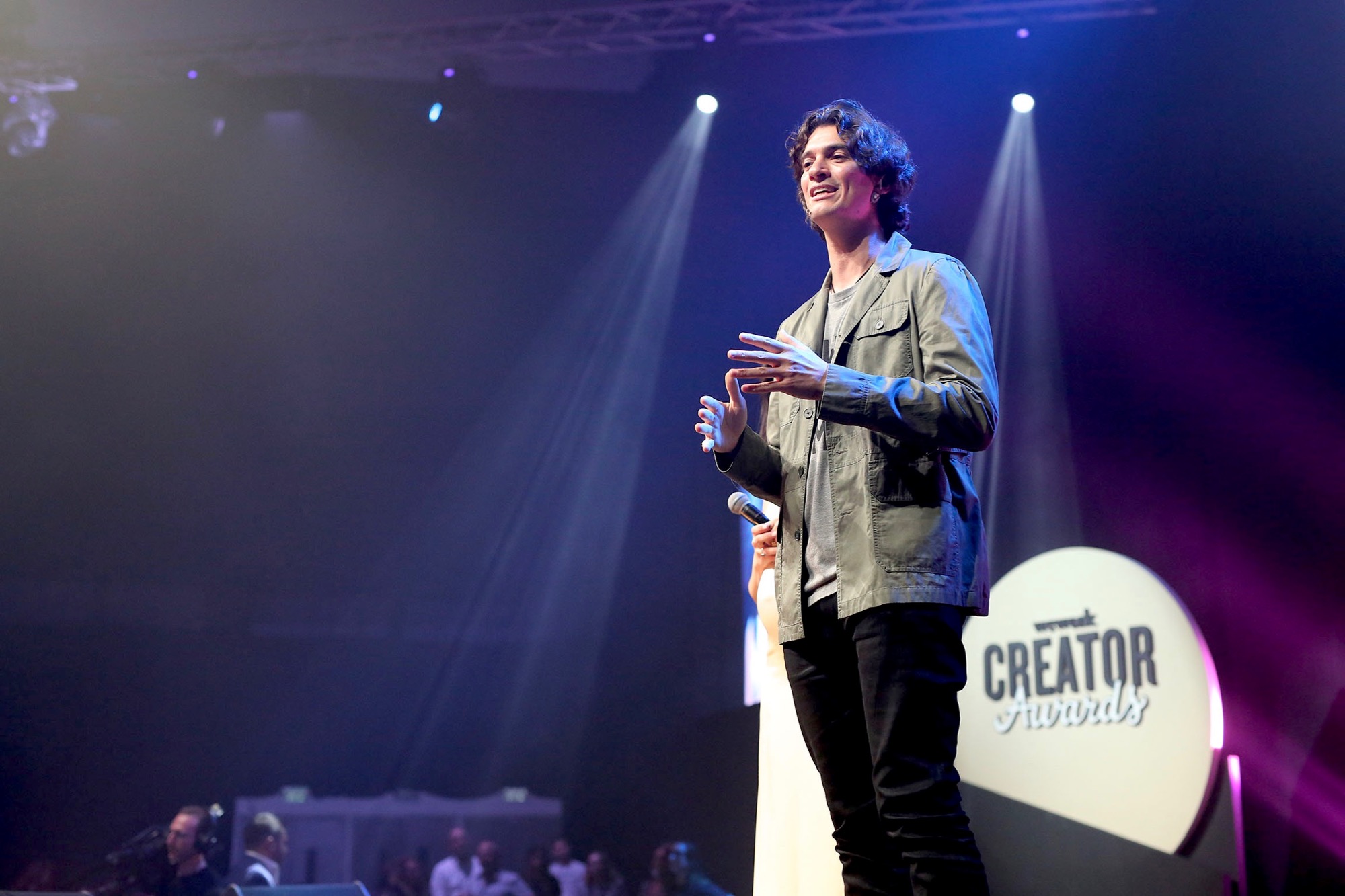
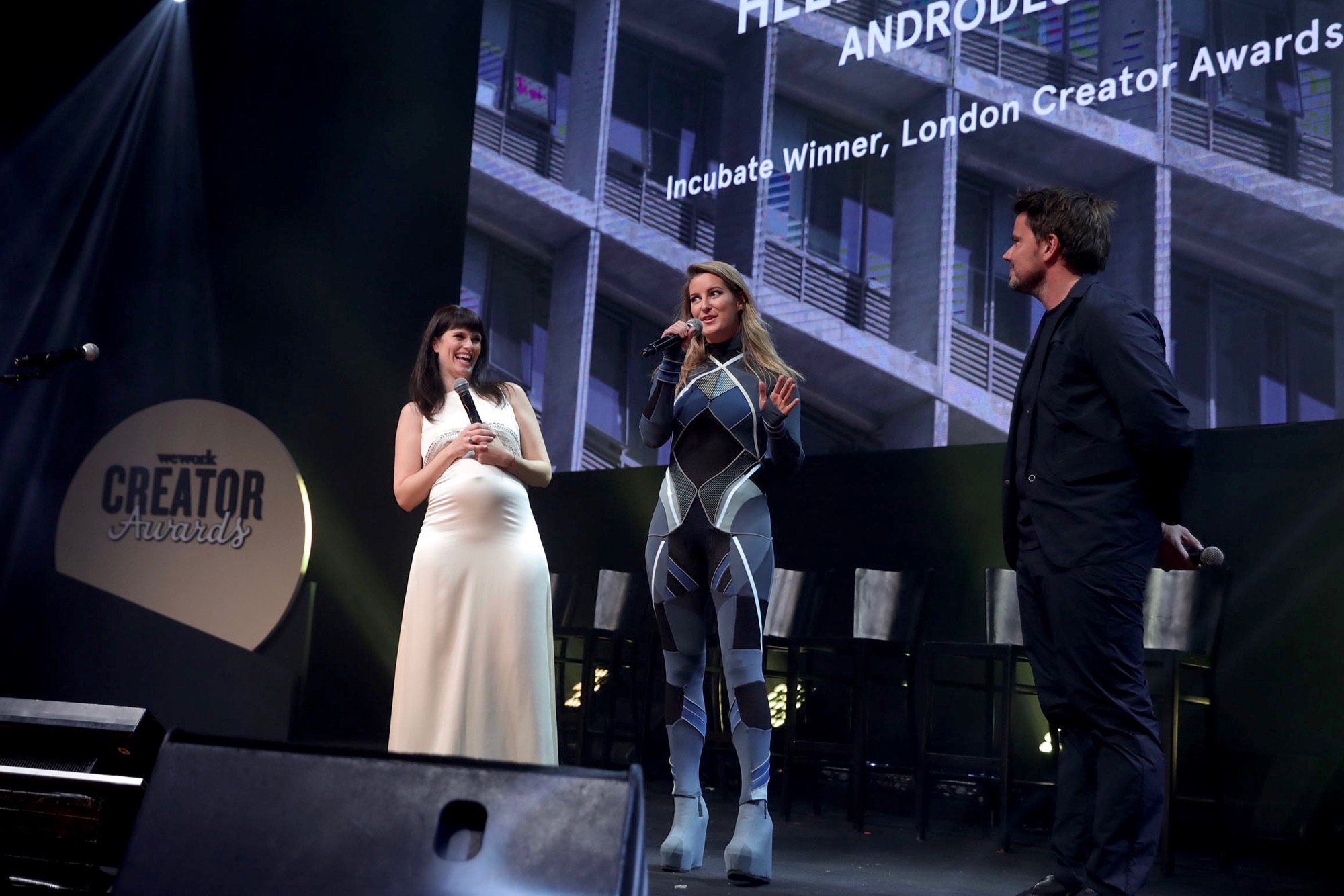

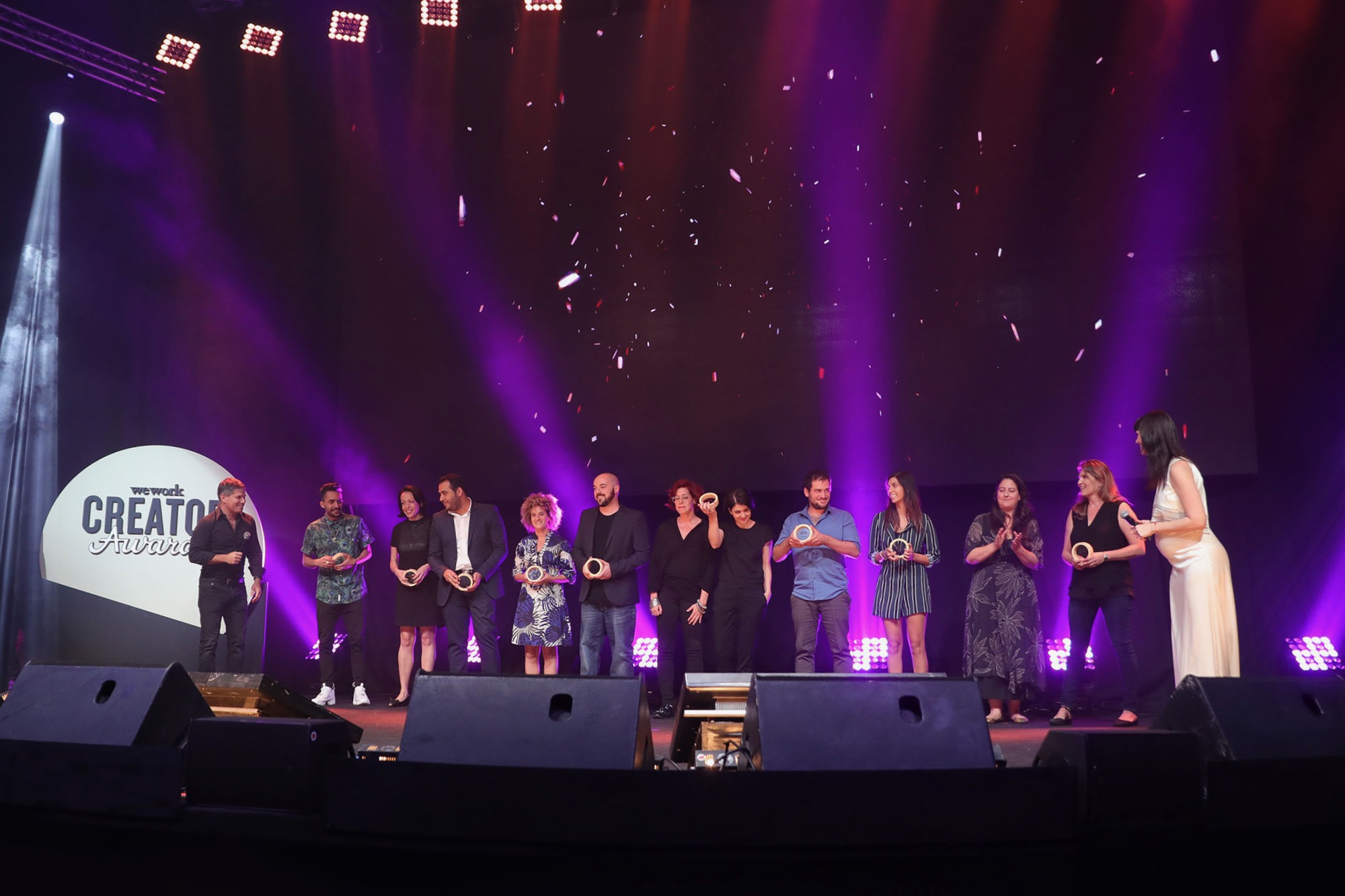
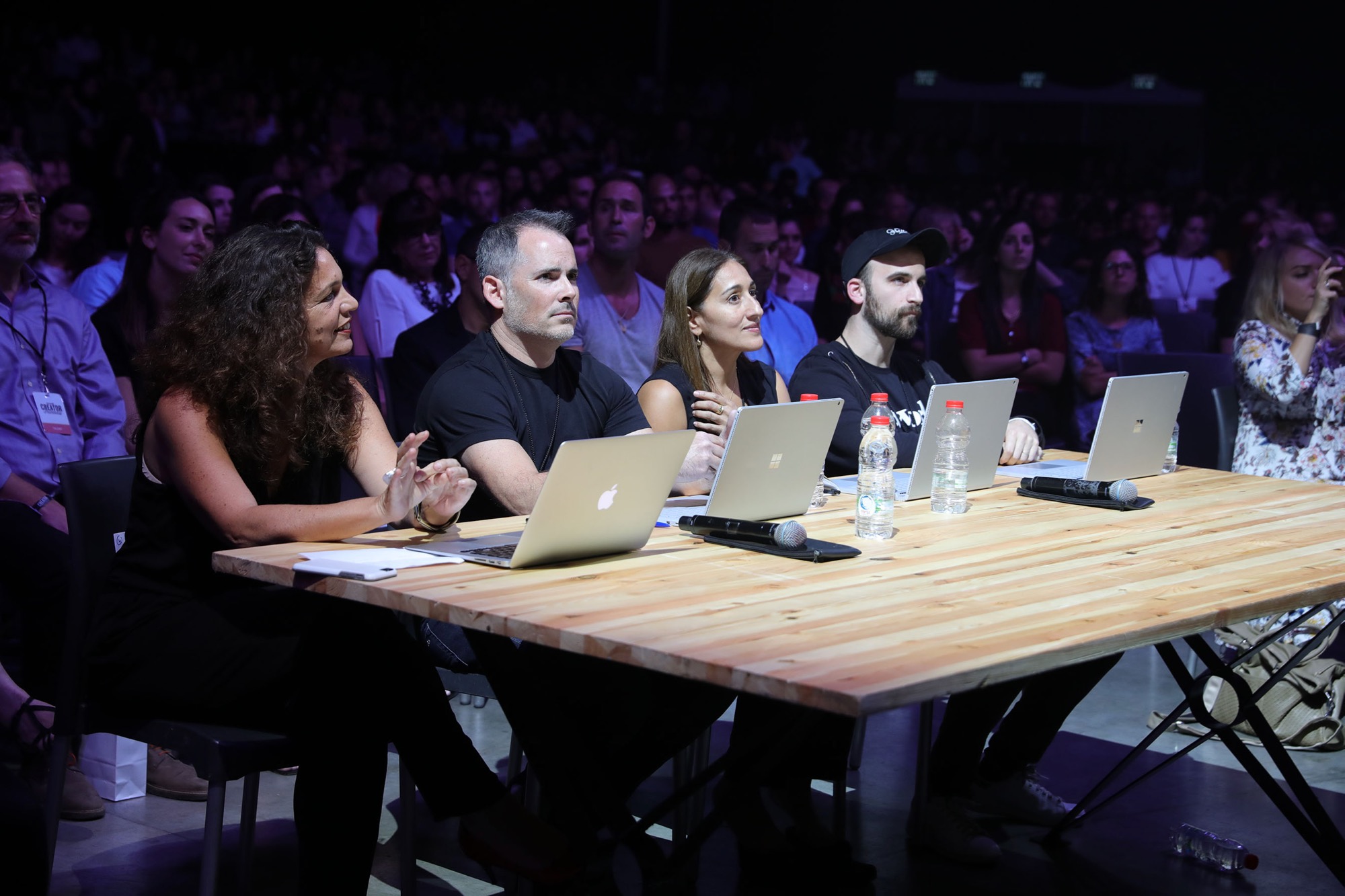
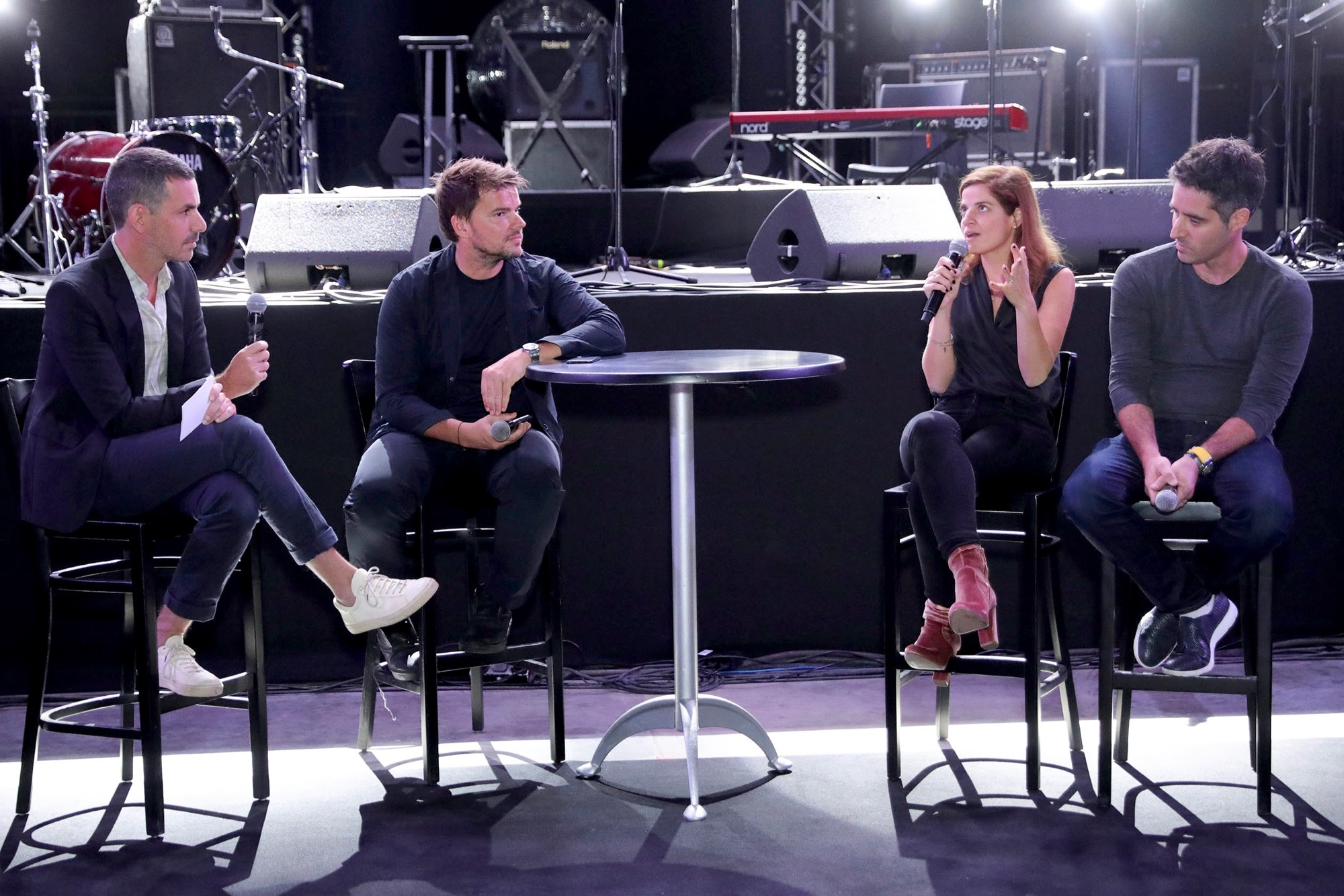

Winners of the 2017 Tel Aviv Creator Awards
Scale
Hargol FoodTech (for-profit) – $360,000
She Codes (nonprofit) – $180,000
Tovanot B’Hinuch (nonprofit) – $180,000
Launch
Eyefree Assisting Communication (for profit) – $130,000
ReSymmetry (for-profit) – $72,000
Voiceitt (for-profit) – $72,000
QueenB (nonprofit) – $72,000
Itworks (nonprofit) – $72,000
Incubate
Blue Fairy Med (for-profit) – $18,000
Collective Onya (nonprofit) – $18,000
Eyegetby (for-profit) – $18,000
FT Fashion Tape (for-profit) – $18,000
HackJLM by Made in JLM (nonprofit) – $18,000
Nationlab (artist) – $18,000
RenewSenses (for-profit) – $18,000
Siraj Technologies (for-profit) – $18,000
Synesthesia (artist) – $18,000
Community Giver Award
Adopt a Safta – $36,000
Assaf Luxembourg – $36,000
Elevation Academy – $18,000







